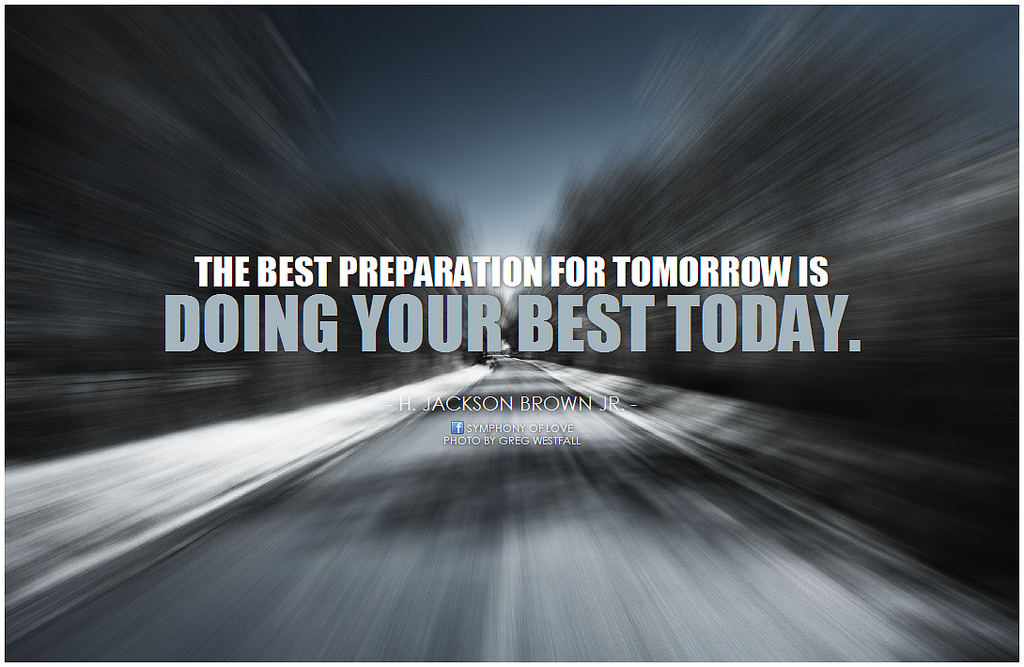Inspite of the fact that some of our greatest ideas, art, and inventions — from the theory of evolution to van Gogh’s sunflowers to the personal computer — came from quiet and cerebral people who knew how to tune in to their inner worlds and the treasures to be found there. This indeed is a testimony to the fact that there is zero correlation between being the best talker and having the best idea.
However , it cant be denied that we are an extrovert driven society and we have grown up to believe that one has to be loud to be heard and be sociable to be happy. In our pursuit to admire the talkative, sociable, action-oriented, enthusiastic, friendly, and outgoing traits of human personality , Introversion has become a kind of stigma.Most of the valuable insights and ideas are unspoken because of this belief.
If you are one amongst who searched google or discussed with your outspoken colleagues for some tips on communicating effectively , here are some tips which can help :
- 4 P’s : No this is not 4 P’s of marketing that Philip Kotler talks about in his Marketing theories. It is Prepare, Practice, Plan and Positivity.
- Prepare in Advance : Practice makes a man perfect and a women too. It might sound very cliche but perhaps it is of utmost importance. Be it Introvert or Extrovert, preparation is the key. There are actually very few people who are confident without prior preparation. Transcripts of Famous speeches and online videos of a speech or presentation will help understand the structure of it. Think about how they manage to grab audience attention , how the message was effectively communicated and the speed in which they spoke. Bear in mind that some of the people who you admire for their speaking skills may well be introverts but are acting like extroverts. Once you’ve written your speech and practiced aloud, film yourself practicing and see if it sounds right when someone is listening to it. Also pay attention to your body language – stand with an open stance and speak loudly and clearly.
- Practice : You are probably too sensitive, serious and shy to demand attention in public so it’s a good idea to try and get used to this before actually addressing a big group. The most effective way of doing this is using virtual reality, where you insert your phone into a virtual reality headset and you’re immersed in another environment.Your mind is tricked into thinking you are really there and can be really useful for putting you centre stage, and allowing yourself to get used to people looking at you – all in the safety of a virtual environment.
- Planning : The pause that we need to take in order to think before responding needs to be planned. You have to feel comfortable even in silence and there are several ways to ensure that. It can be as simple as keeping a glass of water handy, so that you can take a sip while thinking. Also, there is no harm in expressing your need to think by simply saying “ Give me a moment to think about that’ or ‘I’ll need a minute to think about that”. The best one is involving the audience with another person question and ask for their point of view. Whatever you do make sure you are feeling comfortable.
- Positivity : You have to focus on your strengths and not for a single moment doubt on your capabilities as confidence is not the only skill required while speaking in public. You don’t have to be pretend to be funny or quick witted or anyone that you are not. You might have your unique strength , you may have some other viewpoint on the topic discussed which can make people really think about it.
- Ask Questions : If you’re wondering how to be confident in social situations, then a simple trick is to deflect the conversation away from yourself. You can still play an active part in conversations by asking people questions. If you don’t know what to ask someone, you could prepare a few things beforehand, or pick up on something they’ve said about themselves and ask them to expand on that.
- Connect with the Audience: Whether you’re speaking to 2 people or 200, making eye contact with your audience is crucial – it’s the easiest way to connect with your audience. Make sure you make direct eye contact with specific people rather than grazing over the tops of people’s heads or staring at the back of the room. Focus on one person for a few seconds, and then focus your eye contact on someone else, and move your attention around the room each time you switch from one person to the next.
Introverts are just as valuable, powerful, and worthy of being heard as extroverts. By working on techniques to use your introvert personality to your advantage, you’ll soon realise that you don’t have to be loud to have your ideas heard.

